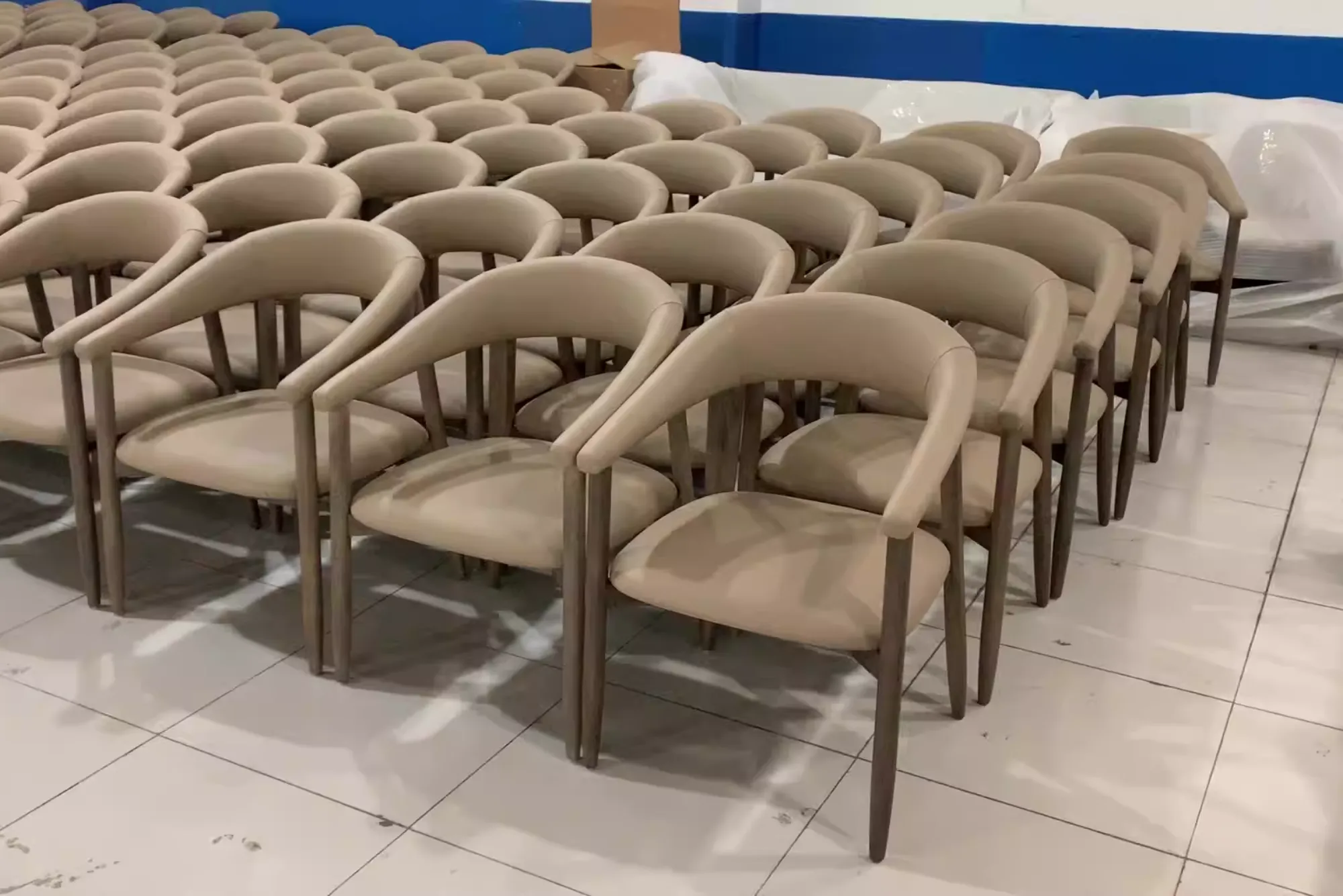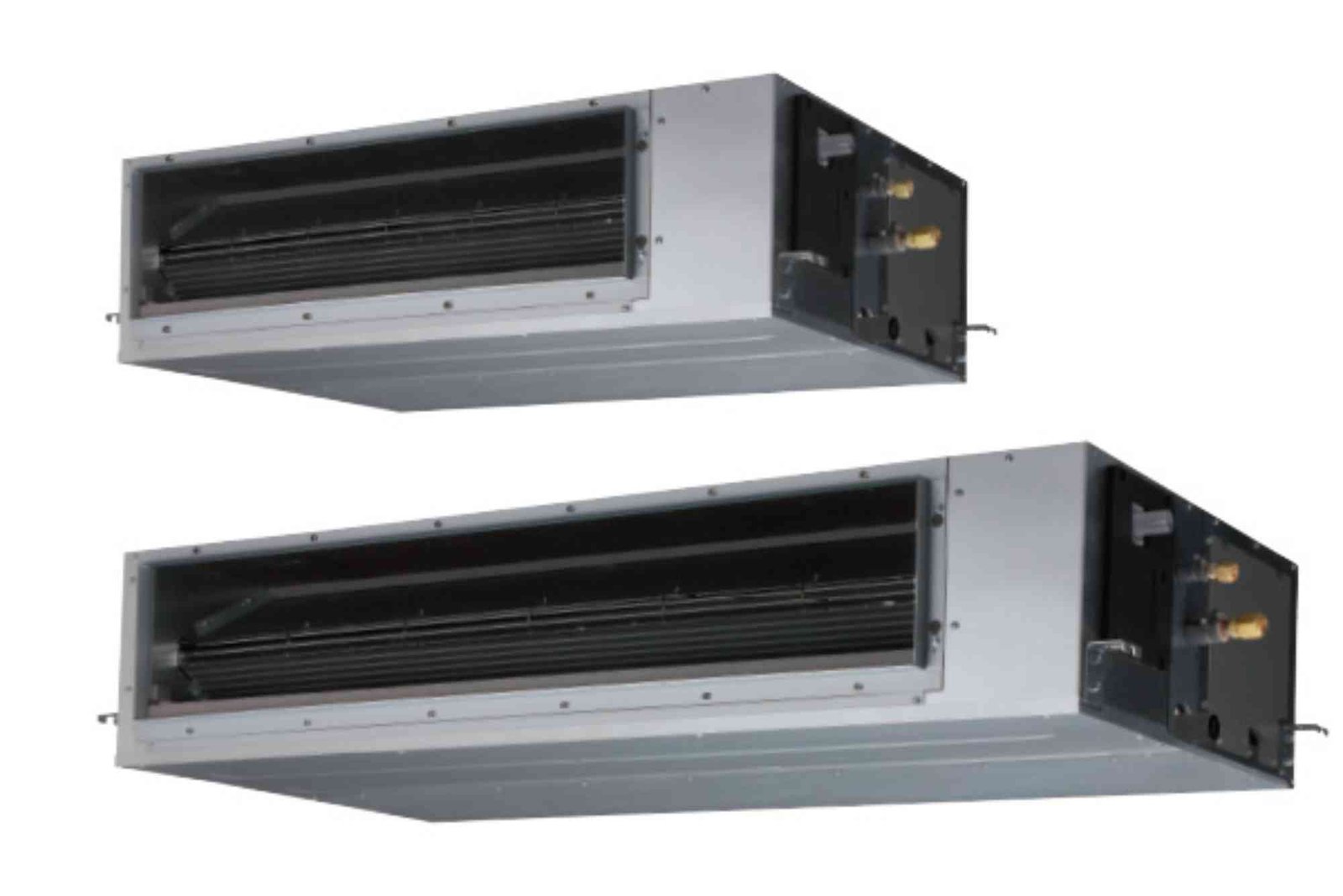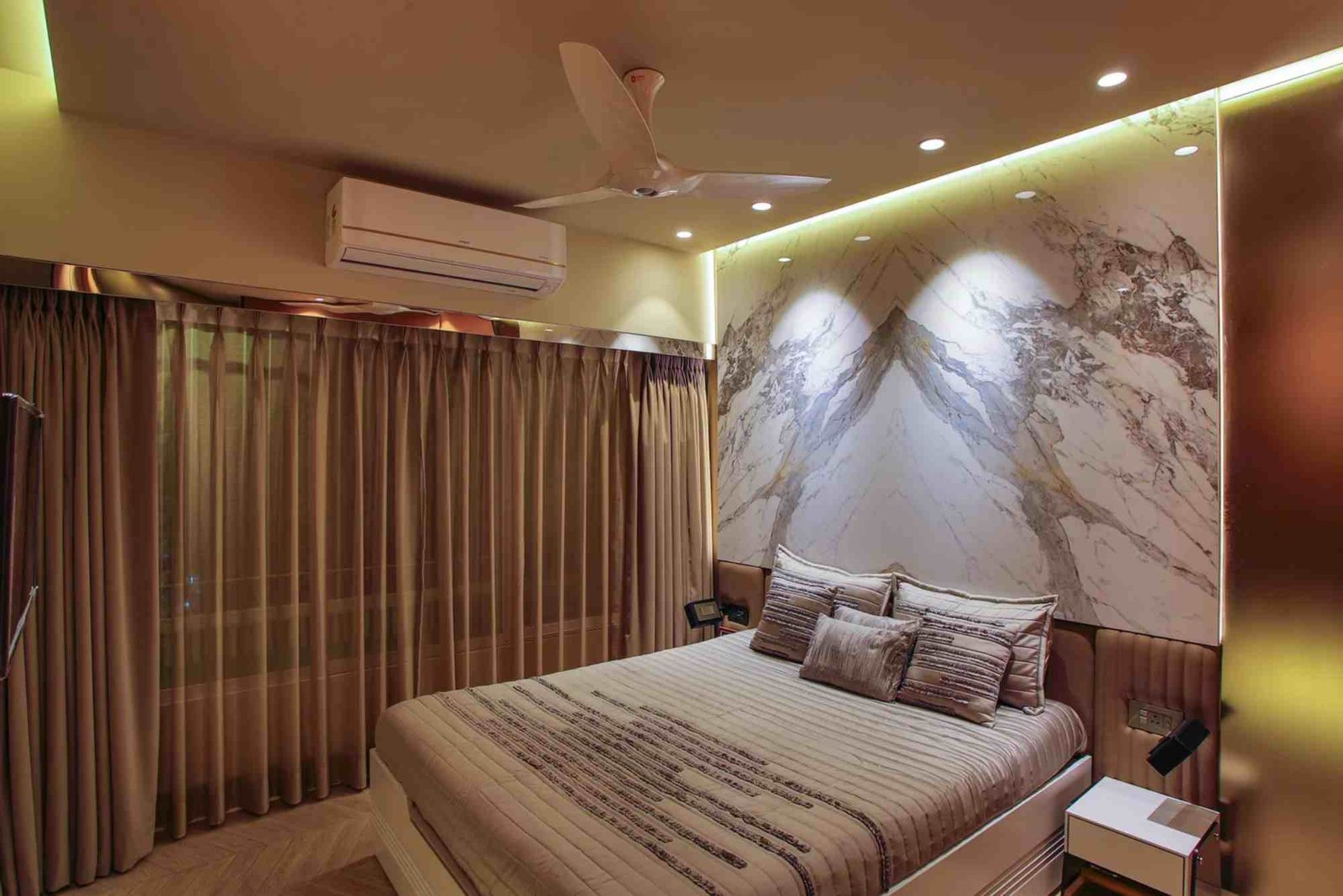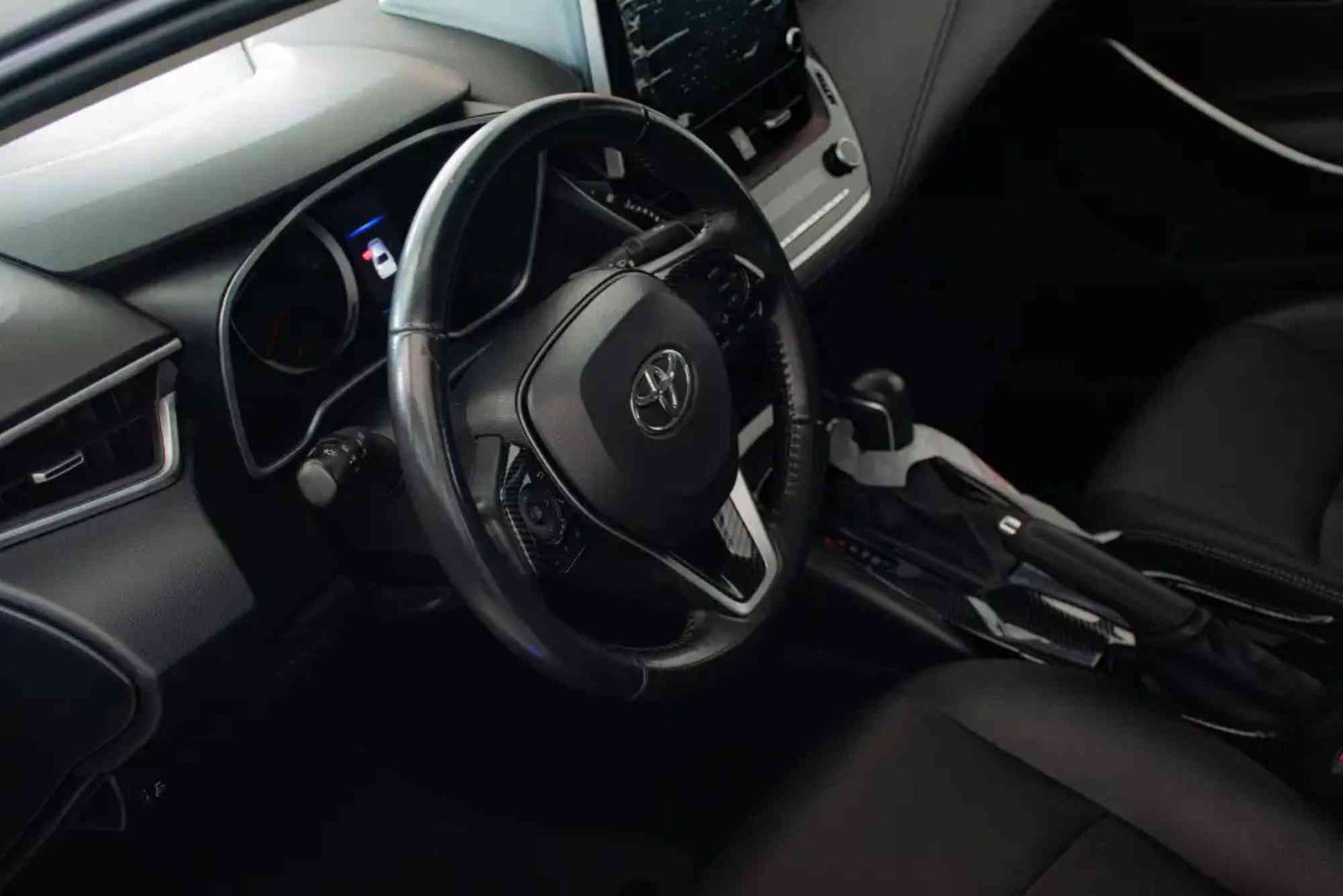Importing restaurant furniture, especially chairs, can feel like a daunting task at first. Yet, for restaurant owners, café operators, and even interior designers, sourcing restaurant chairs wholesale from abroad often proves to be the smartest way to balance quality, style, and cost. Buying locally might provide speed, but overseas imports typically open doors to broader styles, bulk discounts, and unique designs that set your dining space apart.
In this guide, I’ll walk you through everything you need to know about importing chairs for your restaurant or café—from choosing reliable suppliers to handling logistics—based on industry practices and insights from businesses that have successfully gone through the process.
Why Import Chairs Instead of Buying Locally?
One of the main reasons restaurant owners import furniture is cost-effectiveness. Countries like China, Vietnam, and Turkey are manufacturing powerhouses where bulk production reduces unit prices. When buying restaurant chairs wholesale, the per-chair cost can drop significantly compared to sourcing from a local dealer.
Beyond cost, importing allows access to styles that may not be readily available in domestic markets. For example, if you want Scandinavian-inspired wooden chairs or trendy industrial-style metal café seating, sourcing directly from overseas manufacturers can give you more customization options. This is especially useful when you’re also considering cafe chairs wholesale, as you may want matching or complementary designs across your establishment.
Identifying the Right Supplier
Finding the right supplier is the most crucial step in the import process. Online B2B marketplaces such as Alibaba, Global Sources, and Made-in-China have become popular starting points. These platforms feature thousands of suppliers offering restaurant chairs wholesale in every style and material imaginable.
However, not all suppliers are created equal. Look for these signs of reliability:
-
Verified supplier status on B2B platforms.
-
Transparent product catalogs with detailed specifications.
-
Willingness to provide samples before bulk orders.
-
Strong communication skills and responsiveness.
Ideally, you should also check customer reviews or even request references from past buyers. If possible, consider attending international trade fairs such as the Canton Fair in China or IMM Cologne in Germany, where you can meet furniture suppliers face-to-face and evaluate product quality firsthand.
Understanding Minimum Order Quantities (MOQs)
Most manufacturers who deal in restaurant chairs wholesale will set minimum order quantities (MOQs). This means you might have to order anywhere from 50 to 200 chairs per style, depending on the supplier. For café owners or smaller restaurants, this might feel like a lot, but MOQs are one reason why the per-chair cost is so low.
If you’re worried about storage or excess inventory, some suppliers may allow a mixed container order where you combine different chair models in one shipment. This flexibility is particularly helpful if you need both cafe chairs wholesale and larger dining chairs in the same batch.
Customization Options
One of the biggest advantages of importing chairs is customization. Many overseas manufacturers allow you to choose fabric, frame materials, and colors. For instance, if your restaurant’s theme is rustic chic, you can request wooden chairs with distressed finishes. For a modern café, you might prefer metal-framed café chairs with colorful upholstery.
This level of customization ensures your brand identity shines through in your furniture choices. While customization might increase lead times, it’s usually worth it for businesses that want a unique atmosphere.
Cost Considerations Beyond Purchase Price
When calculating the real cost of importing restaurant chairs wholesale, it’s important to factor in more than just the unit price. Shipping fees, import duties, port handling charges, and inland delivery can significantly affect your overall expenses.
Sea freight is usually the most economical option for large orders, though it can take six to eight weeks depending on your location. Air freight is faster but significantly more expensive, and rarely makes sense unless you need a small urgent shipment.
Also, keep in mind that different countries have varying duty rates on furniture imports. For example, wooden chairs might have a different tax category than metal or upholstered chairs. Working with a freight forwarder or customs broker is advisable to avoid surprises.
Quality Control and Product Samples
Never finalize a bulk order without first requesting product samples. A sample will help you check build quality, material durability, and overall comfort. Remember, restaurant chairs endure heavy daily use, so sturdiness is just as important as aesthetics.
Some suppliers may also offer third-party inspection services before the shipment leaves their factory. This extra step, while adding a bit to your cost, ensures you receive what you were promised. Inconsistent quality is one of the main risks of importing furniture, so inspection is a worthwhile safeguard.
Shipping and Logistics Management
Managing logistics is often the most complicated part of importing. For many first-time importers, partnering with a freight forwarder is a lifesaver. Freight forwarders handle everything from booking cargo space on vessels to ensuring customs clearance goes smoothly.
They also advise you on Incoterms (international shipping terms) such as FOB (Free on Board) or CIF (Cost, Insurance, Freight). Understanding these terms is crucial because they determine whether you or the supplier is responsible for shipping, insurance, and delivery.
When importing cafe chairs wholesale along with restaurant seating, you may want to consolidate all products in a single container shipment to save on costs. A freight forwarder can organize this for you efficiently.
Building Long-Term Supplier Relationships
If you plan to open multiple branches or continuously refresh your restaurant’s look, building a long-term relationship with a supplier is invaluable. Reliable suppliers may offer loyalty discounts, priority production slots, and even better credit terms once trust is established.
Some restaurant groups even visit their supplier’s factories once a year to maintain a strong working relationship. This not only ensures ongoing quality but also keeps you ahead of new design trends.
Real-World Example: A Café Owner’s Import Experience
Take the case of a café owner in Dubai who wanted a Mediterranean-inspired theme. Local options were limited and expensive, so she turned to an overseas supplier specializing in cafe chairs wholesale. By importing directly, she saved nearly 40% on the furniture budget, even after accounting for shipping and duties.
The process wasn’t without challenges—customs clearance took longer than expected, and one batch had minor paint inconsistencies. However, by working closely with her supplier and arranging third-party inspections for future orders, she streamlined the process for her next import. Today, she continues to source directly from the same factory, enjoying consistency and cost savings.
Final Thoughts
Importing restaurant chairs wholesale and cafe chairs wholesale from abroad can be one of the most rewarding decisions for restaurant and café owners. The process requires careful planning, supplier vetting, and attention to logistics, but the benefits—lower costs, wider style choices, and customization—are worth the effort.
If you approach the process with due diligence, import chairs with quality checks in place, and work with reliable logistics partners, you’ll find that sourcing internationally gives your restaurant the competitive edge it needs in both aesthetics and budget management.




